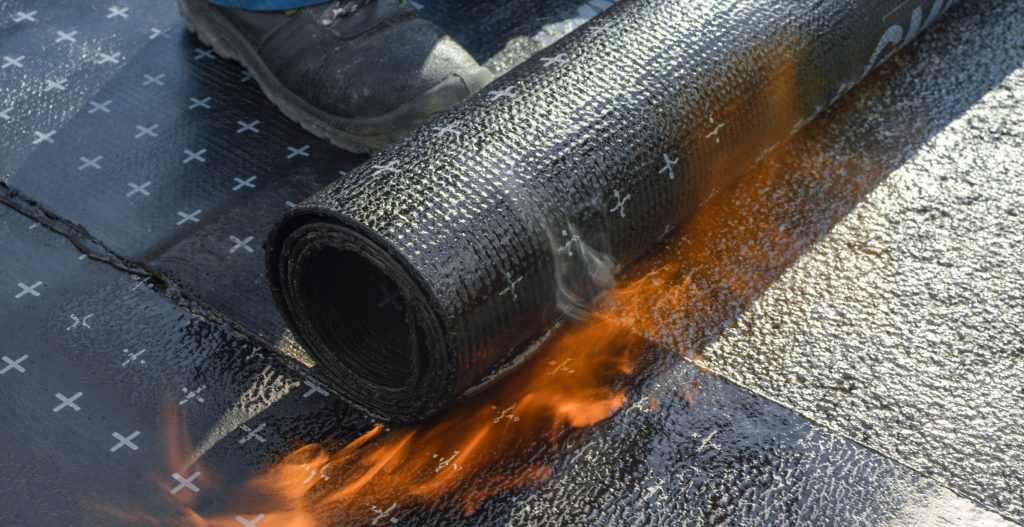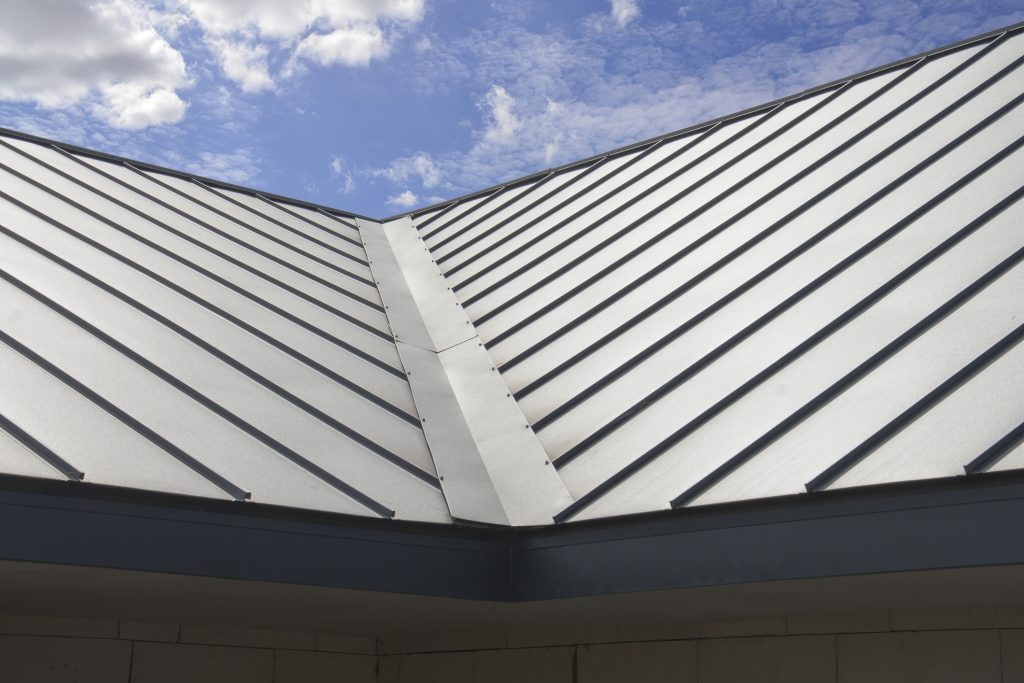Choosing the right roof for your home is a critical decision that impacts functionality, aesthetics, and durability. For Florida homeowners, factors like weather resistance, energy efficiency, and maintenance requirements play a significant role. Two common options—flat roofs and pitched roofs—each offer unique advantages and challenges. In this guide, we’ll compare flat roofs vs. pitched roofs to help you decide which one is the best fit for your home. Flat Roof vs. Pitched Roof: Which One Is Right for Your Home?
Learn more about professional roof installation and maintenance on our Florida Roofing Services page.
Understanding the Basics: Flat Roofs and Pitched Roofs
Flat Roofs
Flat roofs are characterized by their low slope, typically less than 10 degrees. While they appear flat, these roofs are slightly angled to allow water drainage. Flat roofs are popular for modern-style homes and commercial buildings in Florida.
Key features of flat roofs include:
- Sleek, modern design
- Suitable for rooftop installations like HVAC units or solar panels
- Cost-effective installation compared to pitched roofs

Pitched Roofs
Pitched roofs have a steeper slope, usually above 20 degrees, and are more traditional in appearance. Commonly seen on residential homes in Florida, pitched roofs are highly effective at shedding water and debris.
Key features of pitched roofs include:
- Better drainage and weather resistance
- Classic architectural appeal
- Longer lifespan with less frequent repairs
Visit our blog on Roofing Materials for Florida Homes to learn about the materials commonly used for flat and pitched roofs.
Flat Roof vs. Pitched Roof: Key Factors to Consider
1. Weather Resistance in Florida
Florida’s climate is characterized by heavy rainfall, high humidity, and hurricane season.
- Flat Roofs: Flat roofs are more vulnerable to pooling water, which can lead to leaks if not properly maintained. However, modern flat roofing systems with proper drainage can withstand Florida’s weather.
- Pitched Roofs: The steep slope of a pitched roof ensures effective water drainage, making it better suited for heavy rains and hurricanes.
For more details on preparing your roof for Florida’s storm season, read our blog on Hurricane Preparation for Roofs.
2. Energy Efficiency
Energy efficiency is a major concern for Florida homeowners due to the hot climate.
- Flat Roofs: Flat roofs can be outfitted with reflective coatings or energy-efficient materials to reduce heat absorption. They’re ideal for installing solar panels.
- Pitched Roofs: Pitched roofs offer better ventilation, which helps reduce heat buildup in the attic. Additionally, they can be covered with reflective shingles to enhance energy efficiency.
3. Cost of Installation and Maintenance
The cost of installing and maintaining your roof depends on factors like material choice and labor.
- Flat Roofs: Typically more affordable to install due to simpler construction. However, they may require more frequent maintenance to address water pooling or wear from Florida’s intense sun.
- Pitched Roofs: Higher initial installation costs, especially for complex designs. Pitched roofs generally require less maintenance and offer greater durability over time.
For guidance on budgeting for roof installation, visit the Florida Department of Financial Services for homeowner tips.
4. Aesthetic Appeal
Your roof plays a major role in your home’s curb appeal.
- Flat Roofs: Sleek and modern, flat roofs are popular for contemporary homes. They also offer functional space for rooftop gardens or decks.
- Pitched Roofs: Classic and timeless, pitched roofs complement traditional and Mediterranean-style homes, which are common in Florida.
5. Lifespan and Durability
- Flat Roofs: Generally last 15-25 years, depending on the materials used and maintenance. Regular inspections are crucial in Florida’s harsh climate.
- Pitched Roofs: Can last 30-50 years or more, especially when constructed with durable materials like metal or tile.
Advantages and Disadvantages of Flat and Pitched Roofs
| Feature | Flat Roofs | Pitched Roofs |
|---|---|---|
| Weather Resistance | Moderate; requires proper drainage | Excellent; sheds water effectively |
| Energy Efficiency | Reflective coatings and solar-ready | Better attic ventilation |
| Cost | Lower installation cost | Higher upfront cost |
| Durability | Shorter lifespan; more maintenance | Longer lifespan; less frequent repairs |
| Design | Modern and functional | Classic and aesthetic appeal |
Explore our Florida Roofing Services to see how we can help you choose and install the perfect roof for your home.
Which Roof Is Right for Your Home?
Flat Roofs Are Ideal If You:
- Own a modern-style home or commercial property
- Want a cost-effective installation
- Plan to install solar panels or use the roof for functional space
Pitched Roofs Are Ideal If You:
- Prefer a traditional or Mediterranean-style aesthetic
- Want superior weather resistance and durability
- Are looking for lower long-term maintenance
Still unsure which roof is right for you? Contact our team at Big A Roofing for personalized advice.

Frequently Asked Questions
Which roof type is better for hurricanes in Florida?
Pitched roofs are better for hurricanes as their slope allows wind and rain to pass over more effectively. Flat roofs require robust drainage systems to handle Florida’s heavy rains.
Are flat roofs energy-efficient in Florida’s climate?
Yes, flat roofs can be energy-efficient when coated with reflective materials or outfitted with solar panels.
Do flat roofs last as long as pitched roofs?
Flat roofs typically have a shorter lifespan (15-25 years) compared to pitched roofs, which can last 30-50 years or more.
What is the cost difference between flat and pitched roofs?
Flat roofs usually have lower upfront costs due to simpler construction. Pitched roofs are more expensive initially but require less maintenance over time.
Can I switch from a flat roof to a pitched roof?
Yes, but the process requires significant structural modifications. Consult a professional roofing contractor for a detailed assessment.
What materials are best for Florida roofs?
Metal, tile, and reflective shingles are excellent options for Florida roofs due to their durability and resistance to heat and moisture.
Conclusion
When choosing between a flat roof and a pitched roof for your Florida home, consider your budget, aesthetic preferences, and the unique challenges of Florida’s climate. Both roof types have their advantages, but the right choice will depend on your specific needs and priorities.
For expert installation, maintenance, and advice, visit our Florida Roofing Services page. To learn more about protecting your home, explore resources at the Florida Department of Financial Services.
